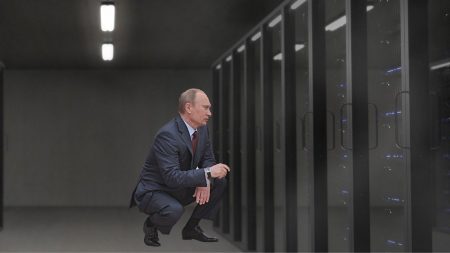On September 17, the first day of Russia’s parliamentary elections, Apple and Google agreed to demands from the Russian government…
Browsing: The Conversation
Adaptive cruise control, lane change assistance, collision avoidance, blind spot monitoring, autopilots: These are just a few of the driver-assist features that are arriving…
Apple’s plan to roll out tools to limit the spread of child sexual abuse material has drawn praise from some…
Social media influencers – people famous primarily for posting content online – are often accused of presenting artificial versions of…
Autonomous weapon systems – commonly known as killer robots – may have killed human beings for the first time ever last year,…
The vast majority of websites you visit now greet you with a pop-up. This annoying impediment to your seamless web…
Teens today have grown up on the internet, and social media has served as a space where LGBTQ youth in particular…
With Japan riding the crest of its postwar economic miracle, Sony chairman Akio Morita and Japan’s Minister of Transport Shintarō…
Events over the past few years have revealed several human rights violations associated with increasing advances in artificial intelligence (AI). Algorithms created to…
Last week Facebook’s internal research revealed Instagram’s toxic effects on some young people’s body image — particularly girls. One study by…









